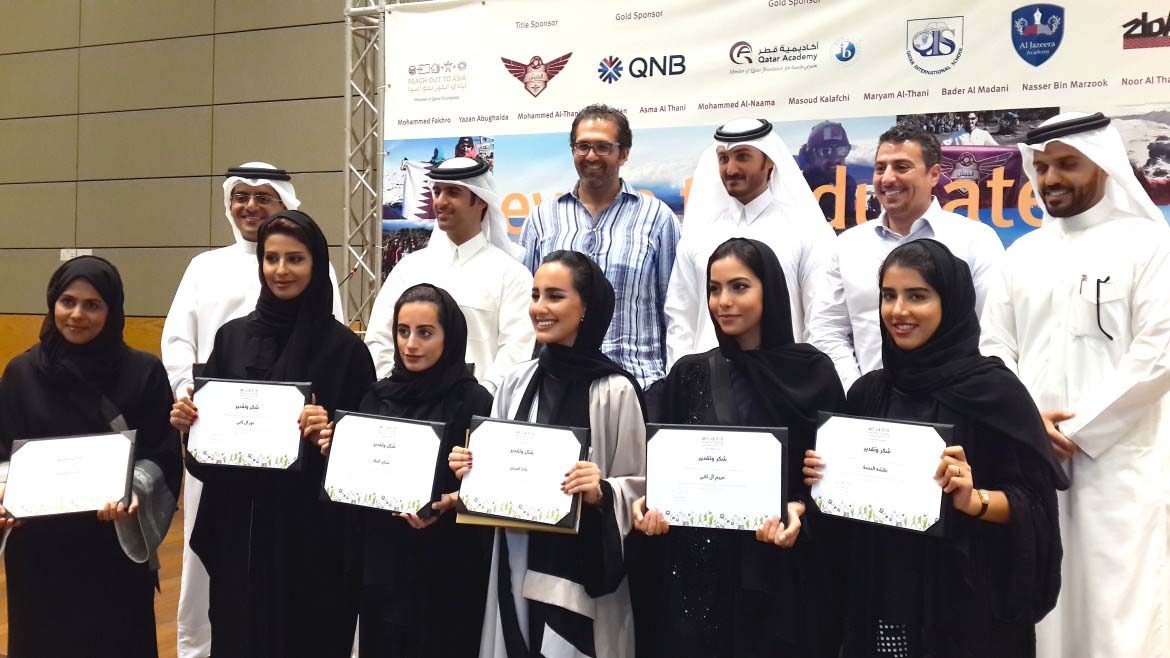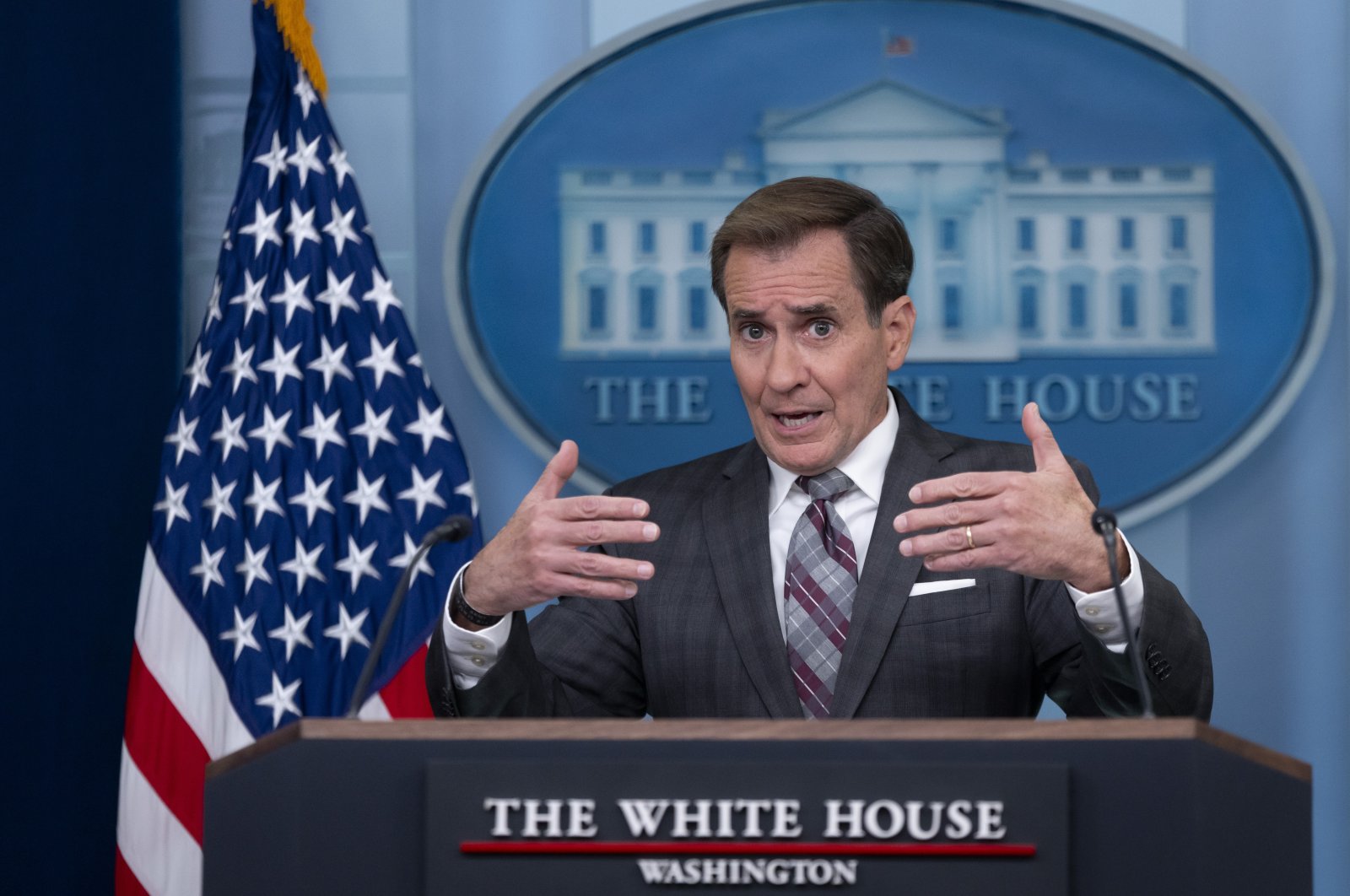
Six women made history this month after becoming the first female Qataris to successfully summit the world’s tallest free-standing mountain in a bid to raise money for Gaza.
They and six other Qatari and expat male climbers raised some QR2 million during the campaign to climb Mt. Kilimanjaro, money that will go toward Gaza’s education system under Reach out to Asia (ROTA).
During a press conference yesterday, the climbers’ discussed their experiences, focusing on the challenges they faced and what the women in particular hoped people would take away from their accomplishment.
The team also included two assistants and Sheikh Mohammed bin Abdullah Al Thani, who was the first Qatari to climb and raise the country’s flag at Mount Everest’s peak and has climbed Mt. Kilimanjaro twice.
The climbers’ names are: Maryam Al Thani, Asma Al Thani, Noor Al Thani, Bashaer Al Mulla, Dana Al-Anzy, Aisha Al-Naama, Mohammed Al-Naama, Yacoub Alyacoub, Nasser Bin Marzook, Bader Elmadani, Mohammed Fakhro and Yazan Abughaida.
Female empowerment
Sheikh “Moe” Al Thani, who led the climb, closed his speech by posing a question to the female Qatari climbers, saying:
“Girls, what do you have to say to other Qatari girls to help push and motivate them to do something like this?”
Climber Dana Al-Anzy, a 19 year-old student at Georgetown University’s School of Foreign Service and member of ROTA’s Youth Advisory board, responded on behalf of the women, saying:
“The fact that we’re the first Qatari females says a lot about our expectations. The support really kept us going. There was support from society that we were unaware of and it empowered us and we (climbers) all empowered each other.
Yes, we did have people who discouraged us too and we did suffer from that. We also suffered physically and mentally. It was tough. But it was the real support we had and our determination that kept us going.”
The ROTA-backed climb took place some two months after Al Thani led seven Qataris – three women and four men – in a charity endeavor in Brazil.
Backed by Vodafone-Qatar, the seven youths trekked through the Amazon before arriving at the remote village of Ararinha to rebuild a school.

However, footage of the girls not wearing the traditional abaya and headscarf while abroad angered many locals. Some also expressed upset at the idea of a mixed-gender trip.
Though many residents continued to show their support for the girls, the ensuing online cultural debate caused such a stir that Vodafone abruptly withdrew its support halfway through the effort.
However, the company has said that it would continue to fund the team under contractual obligation.
Touching upon the ongoing community debate about culture and local identity, Mt. Kilimanjaro climber Al-Anzy said yesterday:
“I don’t believe in male and female segregation. It’s about success and support. I don’t believe in female to female favoritism either. We’ve passed that. It’s not necessary. All of us made it, six by six, together. No one turned back. We had one focus only — the summit. I am so proud of all of us and hopefully, you will see a lot more of us in the future.”
Prior to the climb, Al-Anzy was reported by the Peninsula as saying she hoped her involvement would “motivate other women to pursue their dreams and ambitions, regardless of the obstacles and battles they face in our society.”
“I want to promote the culture of social responsibility across borders and allow people’s horizons to expand beyond the limits of what surrounds them,” she added.
Struggles

Once the team reached the top, Al-Anzy posted an Instagram message explaining some of the challenges she and her teammates faced during the five-day climb.
She added that public support had kept her going despite twisting her wrist and being oxygenated at 4,600 meters after finding it hard to breathe.
Also yesterday, fellow climber 26 year-old Mohammed Fakhro explained that dealing with the altitude was much tougher than the team imagined:
“It was very difficult to breathe with the altitude. Every 12 hours we had to keep taking medication to help us adapt, but that medication itself has side-effects, mostly headaches and dehydration if you don’t drink enough water. Regardless, we climbed six to seven hours a day over the five-day climb to the top. When we reached the top it was -15C.”
While enthusiasm was high with hundreds of locals wanting to sign up for the charity endeavor, experienced climber Al Thani said that none of the volunteers had climbing or fundraising experience – nor did they know what they were getting themselves into.
“You should have seen the number of bags at the airport. People were thinking they were going to live in Tanzania, not climb it,” Al Thani joked.
With just two and a half months before their flight, the selected team trained five to six times a week, mainly at Aspire, and creativity sessions were held in order to think of ways to fundraise.

This particular challenge was the first time Al Thani had organized a group campaign for charity.
Throughout the 5,895 meter (19,341 feet) climb, everyone got out of their comfort zones and everyone suffered, Al Thani said.
One climber was afraid of heights, one was throwing up the whole way up to the summit and one had frostbite.
Some also struggled as they were physically slower than their teammates, but everyone kept going, according to Al Thani, who said:
“The team kept going not only because they were climbing for themselves or for our country, but for something greater. They were climbing for Palestine. For Gaza. Those kids are going to get a better education.”
Thoughts?







